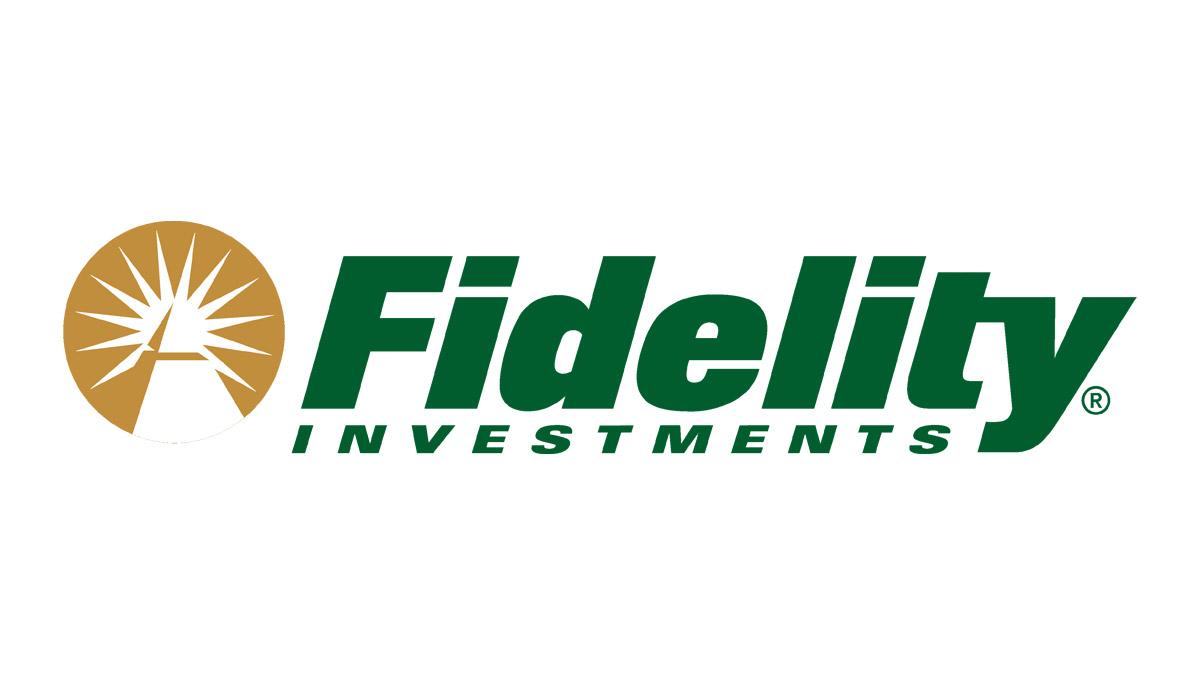One of the key strengths of Fidelity is its commission-free trading for stocks and ETFs, along with a vast selection of mutual funds with no transaction fees. The broker also provides advanced trading platforms, such as Active Trader Pro, catering to more sophisticated traders. With a strong regulatory framework and a reputation for transparency, Fidelity remains a leading name in the financial industry.
Fidelity Broker Overview
| Feature | Details |
| Founded | 1946 |
| Headquarters | Boston, Massachusetts, USA |
| Regulation | SEC, FINRA |
| Trading Assets | Stocks, ETFs, options, mutual funds, bonds |
| Minimum Deposit | $0 |
| Trading Platforms | Fidelity Web Trading, Active Trader Pro, Mobile App |
| Commission on Stocks & ETFs | $0 for most trades |
Fidelity stands out for its strong research tools, educational resources, and commitment to customer service. Whether you are a long-term investor or an active trader, Fidelity offers a well-rounded platform that caters to various investment strategies.
Minimum Deposit and Funding Methods
Fidelity does not require a minimum deposit to open a brokerage account, making it accessible to all types of investors. However, for margin trading, the minimum requirement is $2,000. The broker supports multiple funding methods, allowing users to deposit and withdraw funds conveniently.
Deposit Methods
- Bank Transfer (ACH) – Free deposits from a linked bank account, typically processed within 1-3 business days.
- Wire Transfer – Instant funding available but may incur a fee depending on the bank.
- Check Deposit – Clients can mail a check to Fidelity, though processing may take several business days.
- Fidelity Automatic Investments – Allows scheduled recurring deposits from a linked account.
Fidelity does not support direct cryptocurrency deposits or PayPal, limiting options for some international users. However, the available methods are reliable and widely used by investors.
Withdrawal Options
Withdrawals from Fidelity accounts can be made through:
- Bank Transfer (ACH) – Free and usually processed within 1-2 business days.
- Wire Transfer – Faster but may incur fees from the receiving bank.
- Check Withdrawal – Clients can request a check, but delivery times vary based on location.
Fidelity ensures secure and timely transactions, but users should check their bank’s processing times to avoid delays. Additionally, withdrawal limits may apply depending on the type of account and transaction history.
Security and Regulations
Fidelity is a highly regulated broker, ensuring that clients’ funds and personal information are secure. The firm is regulated by major U.S. authorities such as the Securities and Exchange Commission (SEC) and the Financial Industry Regulatory Authority (FINRA), which enforce strict guidelines for the protection of investors. Fidelity is also a member of the Financial Industry Regulatory Authority (FINRA), which provides additional safeguards for clients.
Fidelity uses advanced encryption and security measures to protect its users’ accounts. This includes two-factor authentication (2FA), which is highly recommended for enhanced security. Furthermore, Fidelity is a member of the Securities Investor Protection Corporation (SIPC), which provides protection up to $500,000 in case the brokerage firm fails. While SIPC coverage does not protect against losses from market fluctuations, it does provide a level of reassurance for Fidelity’s clients.
Fidelity’s strong compliance with financial regulations, its commitment to data protection, and its association with the SIPC make it a reliable choice for investors looking for security in their trading activities.
Trading Platforms
Fidelity offers a range of platforms suitable for different types of traders. Whether you are a beginner or an experienced trader, the broker ensures that there are tools designed to meet various needs.
Fidelity Web Trading
Fidelity’s standard web platform is easy to use and provides essential trading tools for beginners. It includes real-time quotes, portfolio management tools, and a straightforward order execution process. This platform is perfect for investors who prefer simplicity over advanced tools.
Active Trader Pro
For more active traders, Fidelity offers Active Trader Pro, a powerful desktop trading platform that is customizable and offers advanced charting tools, real-time data, and a variety of technical analysis features. Active Trader Pro is ideal for traders who want to stay on top of market movements and execute trades quickly. The platform is available free for those who meet the minimum trading volume requirements.
Fidelity Mobile App
Fidelity’s mobile app is highly rated, providing a comprehensive set of features including real-time quotes, portfolio tracking, and the ability to place trades on the go. The app is user-friendly, making it suitable for both beginner and experienced traders who need flexibility in managing their investments from their mobile devices.
Fidelity’s platforms support various asset types, including stocks, options, ETFs, and mutual funds, ensuring that users have access to a comprehensive set of tools for managing their investments, regardless of their trading style.
Trading Accounts
Fidelity offers a variety of trading accounts, catering to both individual and institutional investors. Each account type is designed to meet the specific needs of traders, from beginners to professionals.
Individual Brokerage Account
This is the standard account type, suitable for most investors. There is no minimum deposit requirement to open the account, and it offers full access to Fidelity’s trading platforms and investment options, including stocks, ETFs, options, and mutual funds.
Joint Account
For investors who wish to share an account with another person, Fidelity offers joint accounts. This account type is popular for couples or business partners looking to manage investments together. Joint accounts allow both parties to manage the account, but all participants share responsibility for tax reporting.
Retirement Accounts (IRAs)
Fidelity offers several retirement account options, including Traditional IRAs, Roth IRAs, and Rollover IRAs. These accounts provide tax advantages, with no minimum deposit to open. Retirement accounts are ideal for investors looking to plan for their future while benefiting from tax-deferred growth.
Margin Account
A margin account allows investors to borrow funds to trade on margin, providing the potential for greater returns. However, margin accounts require a minimum deposit of $2,000, and they come with additional risks, as investors can lose more than their initial investment. Margin accounts are ideal for experienced traders who understand the risks involved.
Each account type offers a set of features and benefits that suit different investing needs, from basic investing to more advanced strategies requiring margin trading.
Conclusion
Fidelity is a reliable and well-established broker, offering a wide range of services to both beginner and professional traders. With its low-cost structure, extensive research tools, and secure trading environment, it stands out as one of the leading brokers in the industry. Fidelity’s customer service and educational resources also provide significant value, especially for novice investors.
Pros and Cons of Fidelity
| Pros | Cons |
| Commission-free trading for stocks & ETFs | Fees for some mutual funds may apply |
| Strong regulatory protection | Margin trading carries higher risk |
| Excellent research tools and educational content | Limited cryptocurrency options |
| Advanced trading platforms (Active Trader Pro) | Requires a higher trading volume for platform access |
In conclusion, Fidelity is an excellent choice for investors seeking a secure and well-rounded platform. Whether you are a beginner or an active trader, Fidelity offers everything you need to manage and grow your investments effectively.

